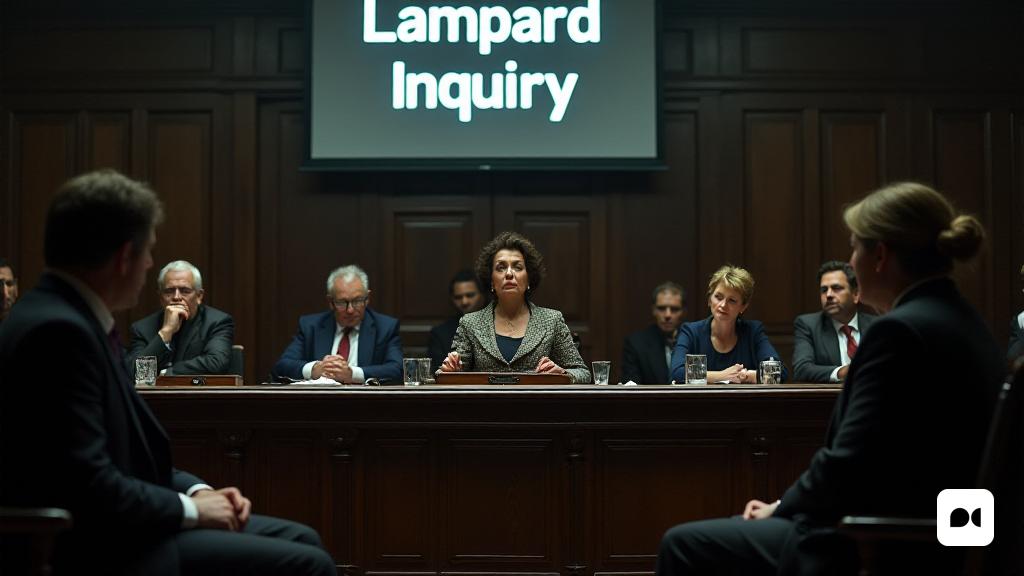The Lampard Inquiry: A Search for Justice
In a significant examination of mental health services, the Lampard Inquiry is delving into the tragic deaths of over 2,000 individuals in Essex between 2000 and 2023. This investigation, which has become a beacon of hope for grieving families, is now facing challenges that threaten its integrity and purpose.
Concerns from Legal Representatives
Nina Ali, a solicitor representing more than 120 families who have suffered loss, expressed deep concerns about the inquiry’s trajectory. During the hearings held in May, she noted that many clients were left with an unsettling sense of frustration regarding the proceedings. Ali highlighted that the families deserve transparency and respect, which they feel has been lacking.
EPUT’s Accountability Under Scrutiny
The Essex Partnership University NHS Foundation Trust (EPUT), which oversees most mental health services in the area, found itself in the spotlight. A recent late submission of evidence regarding their Oxevision monitoring system was met with criticism from the inquiry’s chief counsel, who deemed it ‘highly unsatisfactory.’ This incident has raised alarms about EPUT’s commitment to the families affected by the tragedies.
Families Speak Out
Melanie Leahy, who has tirelessly advocated for a public inquiry since the death of her son Matthew in 2012, voiced her fears of encountering the same systemic barriers that have impeded her quest for truth over the years. She expressed hope that the inquiry would not fall victim to the same obfuscation she has faced in her long battle.
Disappointment Echoes Among Survivors
Sally Mizon, who lost her husband Mark Tyler in 2012, echoed a sentiment of disappointment regarding the inquiry’s progress. Mizon emphasized the need for the inquiry to prioritize families’ voices and ensure that their experiences are not overlooked in this critical investigation.
Commitment to Transparency
Baroness Lampard, leading the inquiry, acknowledged the disappointment felt by participants and reaffirmed her commitment to pursuing the truth. She stated that the decision to postpone the hearing was not intended to allow EPUT to evade scrutiny but rather to ensure that the inquiry operates with integrity.
Future Directions and Family Hopes
As the inquiry prepares for its next sessions in July, families remain cautiously optimistic. They are calling for a collaborative approach that places their experiences at the forefront, hoping that this inquiry will lead to meaningful changes in mental health care and accountability.
EPUT’s Response and the Path Ahead
In response to the criticisms, EPUT issued an apology for the late evidence submission and promised to improve their operations concerning the Oxevision system. Their chief executive, Paul Scott, acknowledged the pain experienced by bereaved families and recognized the need for better communication and care.
As this inquiry unfolds, the hopes of many families rest on the commitment to uncovering the truth and ensuring that such tragedies are not repeated. The journey toward accountability and healing remains fraught with challenges, but the resolve of the affected families shines as a guiding light.

